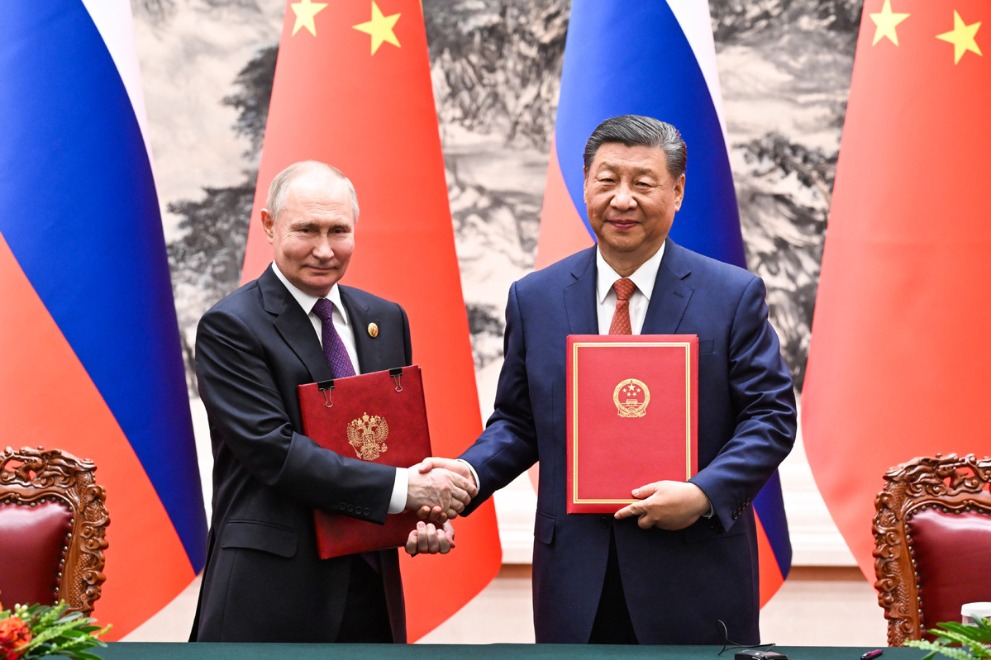Ample liquidity boosts debentures
By Zhou Lanxu | China Daily | Updated: 2019-04-01 10:40

SOEs and private firms are likely to benefit from good policy, lower debt
Issuances of corporate debentures have accelerated in the Chinese market this year as liquidity has improved, analysts said.
Debentures issued mainly by high-grade State-owned enterprises or SOEs have benefited from ample liquidity, while private businesses may see substantial improvement in debt financing conditions after favorable policies take effect, they said.
Till Thursday this year, 2.13 trillion yuan ($316.18 billion) worth of debt instruments were issued by Chinese non-financial companies, up 52 percent year-on-year, according to Shanghai-based information provider Wind Info.
Debt financing costs have also declined, with the average coupon rate on commercial paper - one of the types of debt instrument most frequently issued by companies, and with a maturity period of no more than one year - for March having declined to 3.39 percent from 4.09 percent in December.
"Companies' willingness to issue debentures is stronger now as liquidity is fairly ample, which has driven financing costs down," said Su Li, chief bond analyst with Beijing-based Golden Credit Rating International.
In January, the People's Bank of China, the central bank, lowered the reserve requirement ratio for financial institutions by 1 percentage point, as part of efforts to maintain "reasonably ample" liquidity.
The improved liquidity conditions have boosted bond issuances by high-grade companies more than those with lower credit ratings, as investor sentiment has not recovered enough to chase risky debt assets, Su said.
The value of debt instruments issued by AAA-rated companies Till Thursday this year was up 105 percent year-on-year, while that by companies with lower ratings - AA or lower - only edged up by 35 percent, according to Wind Info data.
Besides the increase in bond issuances, at least five SOEs with high credit ratings had applied to securities regulators to issue bonds worth between 10 billion yuan and 30 billion yuan in March.
Most notably, on March 8, power generator China Datang Corp applied to issue bonds worth 30 billion yuan to repay debts.
"Until recently, State-owned companies frequently rolled out large-scale bond financing plans, mainly to raise money for the repayment of bonds that will mature this year, whose value will see a moderate rise year-on-year," Su said.
Looking ahead, lower financing costs brought by supportive monetary policies, and the need to finance maturing bonds, will probably continue to increase this year's bond issuances of high-grade entities, particularly SOEs, Su said.
"Bond financing conditions faced by private companies have also improved this year, as stable economic data and a bullish stock market have boosted investor sentiment," said a Shanghai-based bond analyst who sought anonymity.
"But, the improvement has been limited. Investors are still concerned about default risks of private enterprises," he said.
Last year, 47 entities - more than 70 percent of them were private companies - in the Chinese market defaulted on their bonds worth about 119.8 billion yuan.
Their value was more than the sum of defaulted bonds from 2014 to 2017, according to data compiled by Beijing-based China Bond Rating Co Ltd.
Wang Tingting, an associate professor of finance with the Central University of Finance and Economics in Beijing, said he expects private companies to see concrete improvements in bond financing conditions this year.
On the one hand, this year's more proactive fiscal policies, featuring large-scale tax and fee cuts, can help private companies improve profitability and thus contain default risks, Wang said. "On the other, the financial support of monetary policies for small private companies may be more targeted this year."
China has pledged further measures to ease financing difficulties of small private enterprises this year. Among the measures in the pipeline is the deepening interest rate liberalization, which will likely help lower the interest rates faced by them, according to the officials concerned.
























